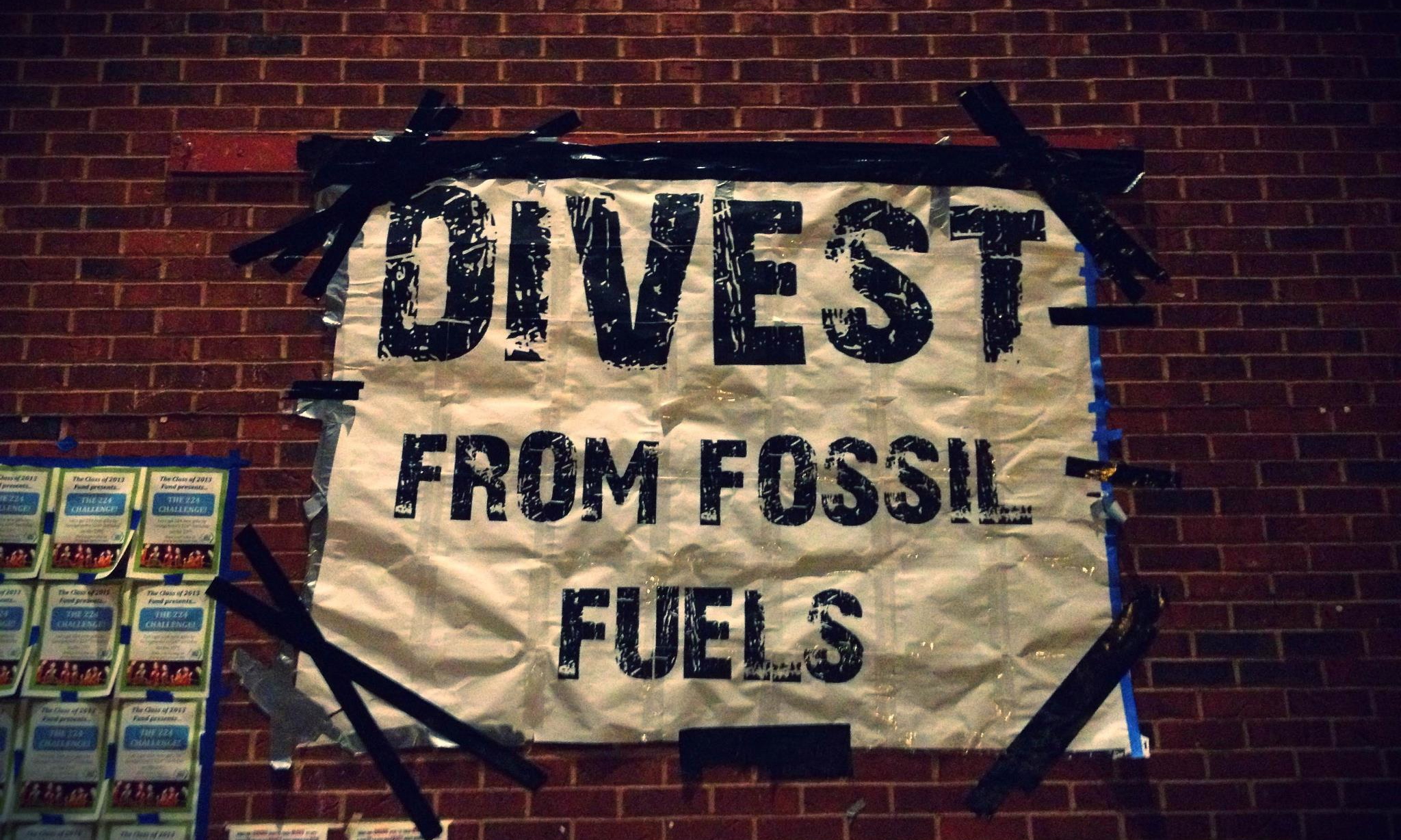At the start of the month, GU Fossil Free (GUFF) announced plans to include a referendum on divestment on the 2016 Georgetown University Student Association (GUSA) Presidential Ballot. If all goes to plan, undergraduate students will have opportunity to vote in February on whether Georgetown should divest its endowment from holdings in fossil fuels. However, after a long debate about the merits of divestment and referendums last Sunday, the GUSA Senate tabled their vote to approve the referendum. This is a delay that runs the risk of frustrating student voices.
This Editorial Board has previously expressed its support of GUFF and their mission: complete divestment by the university from fossil fuel investments. It remains clear to us that the moral and economic arguments in favor of full divestment, including from fossil fuel investments in commingled assets and mutual funds, outweigh the arguments against it.
This issue at hand, though, is not the worthiness of divestment as a protest action. Rather, it is the GUSA’s Senate decision to table a potential referendum that is cause for alarm. Should they table it for good, calls into question their commitment to the “student” part of student government. This Editorial Board supports the basic idea of the referendum, as a method of gauging the position of the general student body on campus issues. A referendum, especially one regarding an important topic, can have far-reaching benefits.
For one, a referendum increases understanding on the views and opinions of the student body. The results of a referendum provide us with a great deal of insight into how students think about an important issue. While there are statistical limitations to this information, it can nonetheless be very helpful for interested parties, especially those trying to petition the administration to tackle an important issue like divestment.
The last time GUSA administered a referendum, it found that over 90 percent of students were against the proposed creation of a “satellite campus.” This had a tangible effect on the administration’s actions: the “One Georgetown, One Campus” campaign succeeded, and plans for a satellite campus were scuttled. GUSA’s referendums can have power.
For interested parties, a referendum represents a judgement day—a point by which they need to have convinced a majority of students of their position. As such, these parties undertake considerable efforts to get students’ votes. We believe that the student body stands to benefit from the increased volume and quality of discourse that typically precedes a referendum. Students have an expanded opportunity to get the facts and then make their decision.
The referendum process is particularly useful for both proponents and opponents of divestment, both of whom are grappling with a fairly complicated issue. We are encouraged by GUFF’s stated plans for hosting teach-ins and further petitioning on the issue. We hope the referendum will be approved, as we believe it will motivate both GUFF and detractors of divestment to engage in a lively debate regarding the issue.
In light of this, we are deeply concerned by GUSA’s reticence to approve the referendum for the February executive ballot. In our view, even if you do not consider divestment a good idea, a referendum assessing student opinion on the matter is a good thing. While those in favor of divestment do have a structural advantage, since they’re already organized under GUFF, the referendum could give those who opposed to divestment the opportunity to organize, furthering the important dialogue around the issue.
As it currently stands, whether or not the university divests from fossil fuels is dependent on the passionate action of a small group of students and the whims of a distant board of directors. A referendum on divestment will bolster not only student engagement but also could result in action that the student body stands behind. It is imperative, then, that GUSA votes to approve adding the referendum to the Executive Ballot. Further postponing the measure into irrelevance would be a grave mistake.





